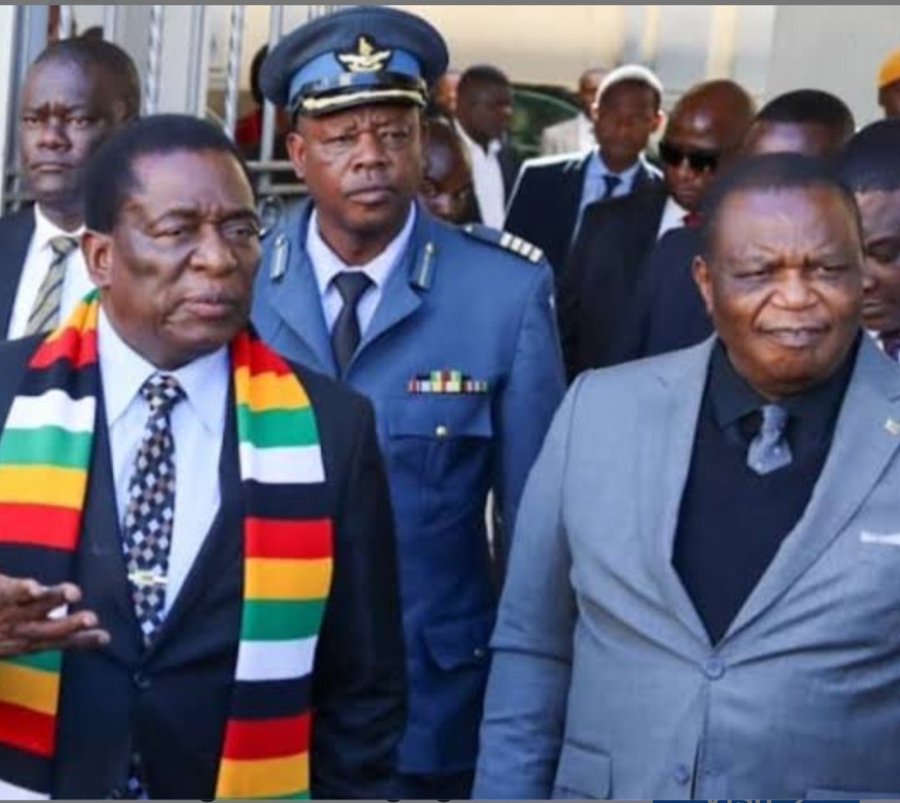MNANGAGWA’S APPOINTMENT OF REZA AS ANTI-CORRUPTION CHAIR SPARKS LEGAL OUTCRY

President Emmerson Mnangagwa’s recent appointment of Deputy Prosecutor-General Michael Reza as the new chairperson of the Zimbabwe Anti-Corruption Commission (Zacc) has caused a huge debate. Legal experts are saying that the appointment might not be legal according to the constitution. Reza is taking over from Justice Loice Matanda-Moyo, who has now become the Prosecutor-General. But many people are worried that this move does not follow the rules laid out in the constitution.
The main issue is that Reza may not have enough legal experience to qualify for the job. The Zimbabwean Constitution is very clear about the experience needed to be a commissioner on Zacc, especially for someone with a legal background. Section 254 of the constitution says that anyone in this position must have at least seven years of legal practice. They can also qualify if they are experienced enough to be appointed as a judge or have already served as a judge in the High Court or Supreme Court.
But Reza only started practicing law in 2020 or 2021. This means he has only three or four years of experience, which is far less than the seven years required. Even though Reza has good qualifications, like a Bachelor of Laws (LLB) from the University of South Africa and a Master of Laws (LLM) from Midlands State University, his short time practicing law has raised many questions. People are asking whether he is truly qualified for this important role.
The controversy is made worse by the fact that Zacc has lost other experienced commissioners. Justice Loice Matanda-Moyo has left Zacc to become Prosecutor-General, and Commissioner Jessie Majome is now the chairperson of the Zimbabwe Human Rights Commission. This means there is no one left at Zacc who meets the constitutional requirement of having enough legal practice experience. Without someone with the right qualifications, people are concerned that Zacc may not be able to work properly or within the rules of the law.
Some people support Reza’s appointment by pointing to his long experience in investigating crimes. They argue that he has been working in crime investigation for over ten years, which could make up for his lack of legal practice. But critics disagree. They say that because Reza’s main job is in law, the constitution’s requirement for seven years of legal practice cannot be ignored. They believe that his experience in crime investigation is not enough to make him qualified for the job as Zacc chairperson.
This is not the first time President Mnangagwa’s decisions have been questioned. In the past, he has made other appointments that were challenged for not following the constitution. For example, he once appointed more ministers to his cabinet than the constitution allows, and he had to undo those decisions after facing backlash from both the public and the legal community. Now, the same concerns are being raised about his choice of Reza for the top anti-corruption job.
Adding to the debate is Reza’s controversial past. He has been known for pushing hard to detain civil society members and opposition activists by using the bail system. Many people feel that this approach shows he might not be the best person to lead a commission that is supposed to fight corruption. Instead, some see him as being too close to political power to be truly independent in his new role.
Legal experts and analysts are now urging President Mnangagwa to reconsider the appointment of Reza. They argue that following the rules of the constitution is very important if Zimbabwe is serious about fighting corruption and maintaining good governance. At this crucial time for Zimbabwe, when the country is trying to improve both politically and legally, making sure that appointments are legal and transparent is necessary. Many people are watching closely to see if the President will listen to these concerns and ensure that all future appointments follow the constitution.

